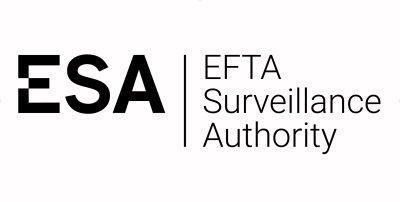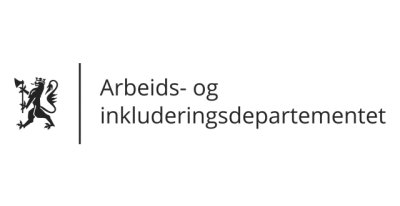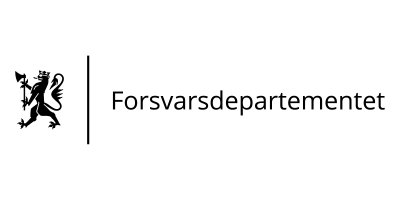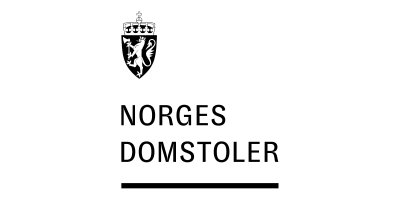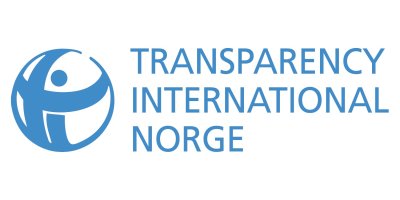Article 3 EEA provides, inter alia, that the EEA Contracting Parties shall „take all appropriate measures, whether general or particular, to ensure fulfilment of the obligations arising out of this Agreement“. They shall furthermore „abstain from any measure which could jeopardize the attainment of the objectives of this Agreement“. The provision mirrors Article 4(3) TEU (E-1/04 Fokus Bank). A recent attempt by the Norwegian Government Attorney to make the ECJ more narrowly define the EEA law duty of loyalty than in EU law has failed miserably. Advocate General Evgeni Tanchev explicitly rejected this contention. The ECJ’s Grand Chamber did not bother to address it (C-897/19 Ruska Federacija v I.N.).
At the time of the negotiation of the EEA Agreement in the early 1990s, the loyalty requirement was laid down in Article 5 EEC which later became Article 10 EC. When the EEA Agreement entered into force, the ECJ had already handed down some 150 judgments on loyalty, which under the principle of homogeneity were relevant for the interpretation of Article 3 EEA. Admittedly, the objectives of the EEA are much more modest than those of the EU Treaties. Nevertheless, in the area of single market law, which forms the core of EEA law, there is a convergence of objectives. In any case, it was undisputed from the outset that the loyalty requirement laid down in Article 3 EEA goes much further than similar provisions in free trade agreements. The provision also addresses national administrations and courts. The latter have thus (also) become EEA courts.
As far as the concrete application of Article 3 EEA is concerned, there is a discrepancy between the case law of the EFTA Court on the one hand and the policies of national administrations and courts on the other. While Article 3 EEA occupies an important place in the EFTA Court’s case law, it is hardly noticed by national authorities and courts in the EFTA pillar. From the very beginning, the EFTA Court has based its judgments in infringement proceedings inter alia on Article 3 EEA. Importantly, the recognition of EEA state liability in the landmark case of E-8/97 Sveinbjörnsdóttir and of the principle of conform interpretation in E-1/07 Criminal proceedings against A were, among others, founded on the loyalty requirement. The principle of loyalty then played a central role in the preliminary reference procedure in the EEA pillar. Unlike Article 267 TFEU with regard to the ECJ, Article 34 SCA does not oblige national courts of last instance to refer questions of EEA law to the EFTA Court. Orthodox dualists in Iceland and Norway have therefore taken the view that the national supreme courts are completely free to decide whether to make a reference. Even systematic refusal was assumed to remain without consequences under EEA law. The Norwegian Government Attorney, for its part, has from the outset urged national courts not to refer cases to the EFTA Court. It has obviously done so on the assumption that it will have an easier time before national courts than before the EFTA Court, where the EFTA Surveillance Authority and the Commission are participating in the proceedings. For its part, the Norwegian Supreme Court has practised a reference boycott between 2002 and 2015. It has dealt with some 50 cases involving EEA law during that time. There has never been anything like this in Iceland or Liechtenstein.
The second peculiarity of the EFTA pillar preliminary ruling procedure is the fact that Article 34 SCA refers to the pronouncements of the EFTA Court as “advisory opinions”. Orthodox dualists have also looked at this provision in isolation and concluded that the EFTA Court‘s verdicts are not binding, full stop. In the first Finanger case, the Supreme Court of Norway coined the sentence that the opinions of the EFTA Court are to be given „preeminent weight“ (“vesentlig vekt”). Subsequently, however, it became clear that this is basically an empty formula. The Supreme Court itself decides whether an opinion is of preeminent weight. The Frostating Lagmansrett thus had little difficulty to disregard the EFTA Court’s Fosen ruling of 31 October 2017 on the standard of liability in public procurement law without carrying out any meaningful test.
The Norwegian Supreme Court itself refused to follow the EFTA Court in some important cases, in particular in E-4/04 Pedicel (advertisement ban for alcoholic beverages), E-1/06 Gaming Machines (State gambling monopoly) and E-2/11 STX (Posting of workers). As far as can be seen, Article 3 EEA has never played a role in this case law. Of course, the EFTA Court has not escaped the Supreme Court’s attitude, both with regard to the question of whether it should make a reference and to the legal nature of the EFTA Court’s opinions. In E-18/11 Irish Bank, the EFTA Court held on 28 September 2012 that in deciding whether to refer or not, national courts of last resort must bear in mind their duty of loyalty and the principle of reciprocity. Indeed, citizens and economic operators from the EFTA pillar have free access to the ECJ. After the Supreme Court refused to follow the EFTA Court in STX some five months later, the EFTA Court doubled and underlined in E-3/12 Jonsson on 20 March 2013 the need that unclear questions of EEA law be referred to it. The EFTA Court added: “Thereby unnecessary mistakes in the interpretation and application of EEA law are avoided and the coherence and reciprocity in relation to rights of EEA citizens, including EFTA nationals, in the EU are ensured”.
Here the special function of the duty of loyalty in EEA law becomes particularly clear: in the EFTA pillar, the EEA Agreement leaves the defence of subjective rights, which is crucial for the effective functioning of the objective EEA legal order, largely to national authorities and courts. The duty of loyalty is intended to ensure that legal protection in both pillars is roughly equivalent. It is therefore even more important in the EEA/EFTA context than in the EU context. As Former EFTA Surveillance President Knut Almestad has put it, “good faith is the keystone which supports the EEA edifice, without which the construction might crumble”.
In individual cases, therefore, there may well be an obligation to make a reference to the EFTA Court. And deviations from a judgment of the EFTA Court in the form of an advisory opinion must be very well reasoned. This has neither been done in the Supreme Court cases Gaming Machines, Pedicel and STX, nor in Frostating Lagmannsrett’s verdict in the first Fosen case. The EFTA Court can contribute to the willingness of national courts to refer and follow by handing down convincing judgments within a reasonable time.
Finally, the importance of the duty of loyalty for national administrations must be underlined. In Norway, a misconceived principle of sovereignty has overshadowed the duty of loyalty (Mads Andenæs). However, organs of the state are obliged to present EEA and EU law as objectively as possible in their pleadings before national courts. Naturally, the position of their own government may be represented with all due emphasis. Nevertheless, deliberately omitting important precedents or selectively citing literature or other materials is not permitted. The same goes for efforts to systematically oppose references to the EFTA Court. Finally, it is also unacceptable and in fact incompatible with Article 3 EEA for administrative bodies to ask national courts to render pro-state judgments based on a misinterpretation of the proportionality principle. In EEA law, as in EU law, there is no such thing as “moderate test intensity” or "light review” when the question arises whether discriminations or restrictions of fundamental freedoms and fundamental rights may be justified. Justification is only possible if the measure in question is pursuing a legitimate goal, is suitable, consistent, necessary and, as the case may be, proportionate stricto sensu. The burden of proof is thereby on the State.






.png)













